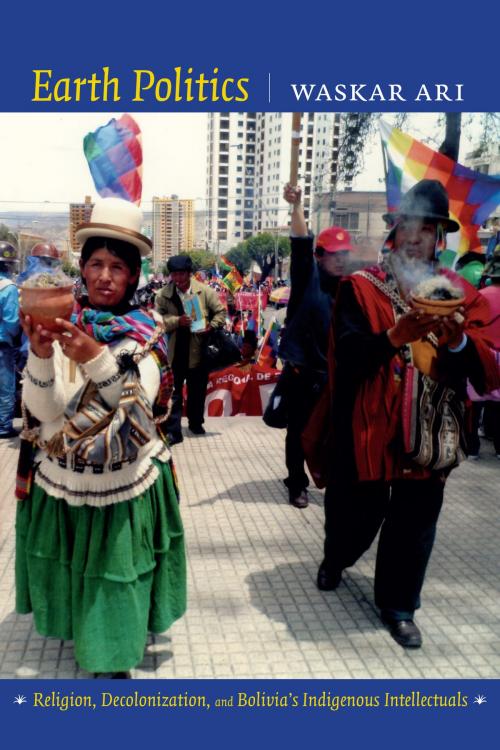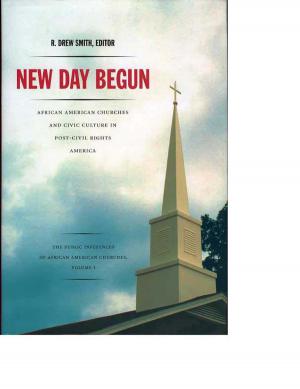Earth Politics
Religion, Decolonization, and Bolivia’s Indigenous Intellectuals
Nonfiction, History, Americas, South America, Social & Cultural Studies, Social Science, Cultural Studies, Native American Studies, Anthropology| Author: | Waskar Ari | ISBN: | 9780822376958 |
| Publisher: | Duke University Press | Publication: | February 28, 2014 |
| Imprint: | Duke University Press Books | Language: | English |
| Author: | Waskar Ari |
| ISBN: | 9780822376958 |
| Publisher: | Duke University Press |
| Publication: | February 28, 2014 |
| Imprint: | Duke University Press Books |
| Language: | English |
Earth Politics focuses on the lives of four indigenous activist-intellectuals in Bolivia, key leaders in the Alcaldes Mayores Particulares (AMP), a movement established to claim rights for indigenous education and reclaim indigenous lands from hacienda owners. The AMP leaders invented a discourse of decolonization, rooted in part in native religion, and used it to counter structures of internal colonialism, including the existing racial systems. Waskar Ari calls their social movement, practices, and discourse earth politics, both because the AMP emphasized the idea of the earth and the place of Indians on it, and because of the political meaning that the AMP gave to the worship of the Aymara gods. Depicting the social worlds and life work of the activists, Ari traverses Bolivia's political and social landscape from the 1920s into the early 1970s. He reveals the AMP 's extensive geographic reach, genuine grassroots quality, and vibrant regional diversity. Ari had access to the private archives of indigenous families, and he collected oral histories, speaking with men and women who knew the AMP leaders. The resulting examination of Bolivian indigenous activism is one of unparalleled nuance and depth.
Earth Politics focuses on the lives of four indigenous activist-intellectuals in Bolivia, key leaders in the Alcaldes Mayores Particulares (AMP), a movement established to claim rights for indigenous education and reclaim indigenous lands from hacienda owners. The AMP leaders invented a discourse of decolonization, rooted in part in native religion, and used it to counter structures of internal colonialism, including the existing racial systems. Waskar Ari calls their social movement, practices, and discourse earth politics, both because the AMP emphasized the idea of the earth and the place of Indians on it, and because of the political meaning that the AMP gave to the worship of the Aymara gods. Depicting the social worlds and life work of the activists, Ari traverses Bolivia's political and social landscape from the 1920s into the early 1970s. He reveals the AMP 's extensive geographic reach, genuine grassroots quality, and vibrant regional diversity. Ari had access to the private archives of indigenous families, and he collected oral histories, speaking with men and women who knew the AMP leaders. The resulting examination of Bolivian indigenous activism is one of unparalleled nuance and depth.















